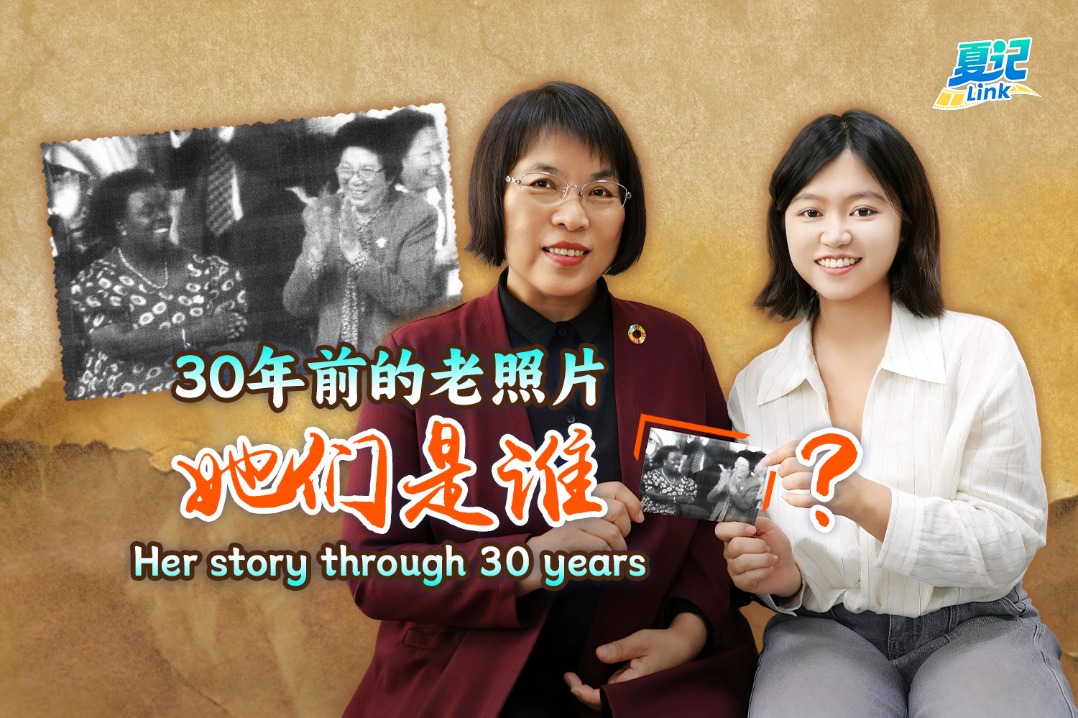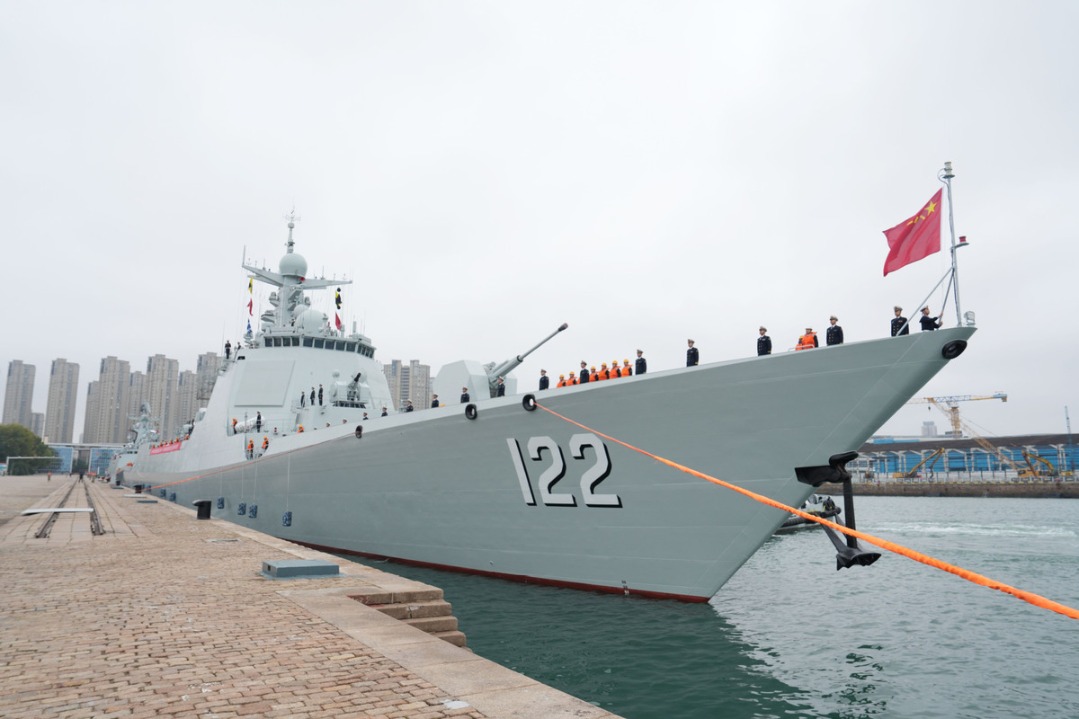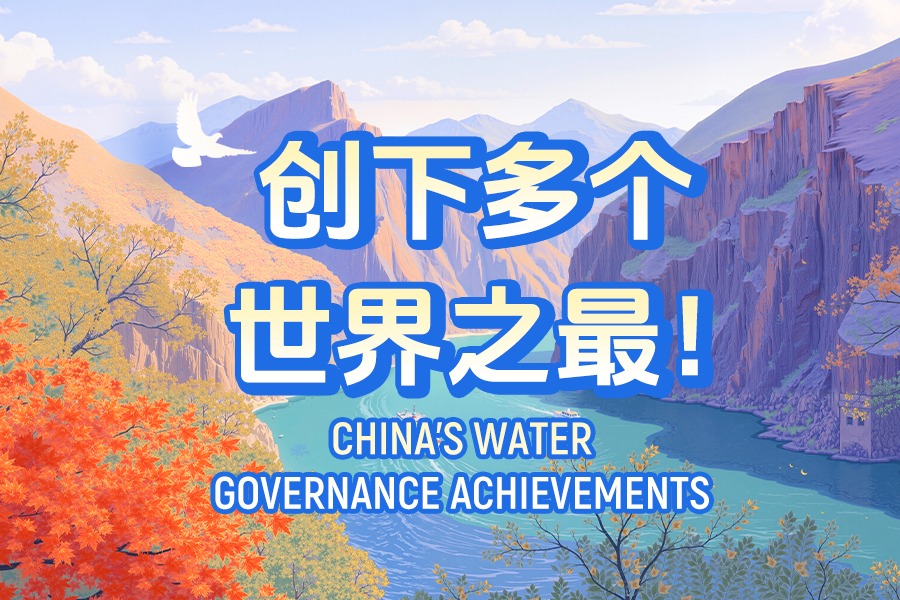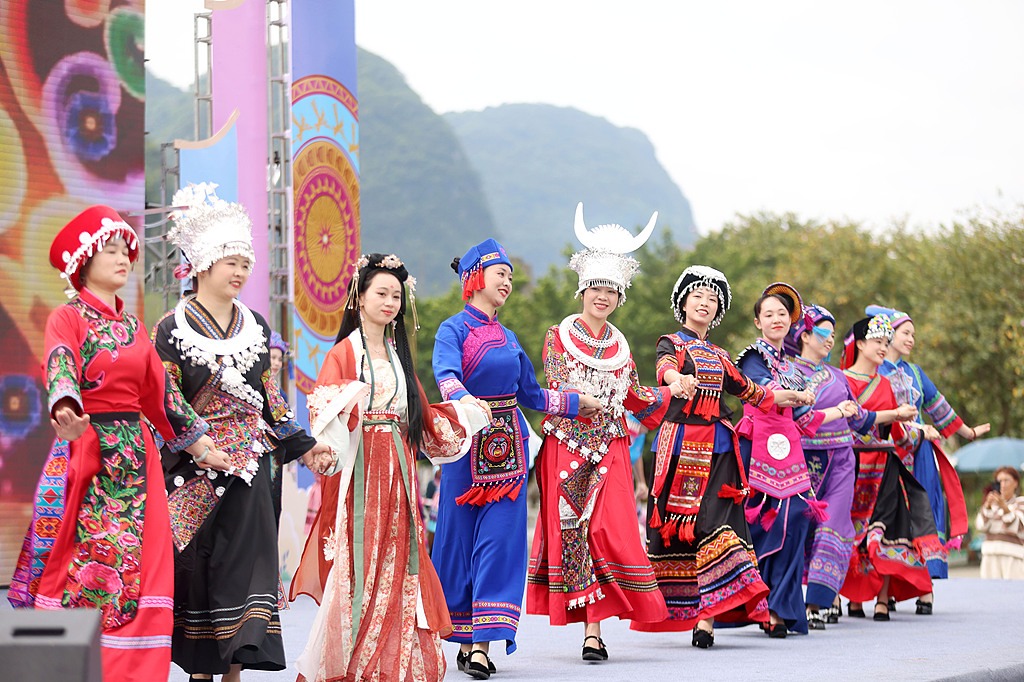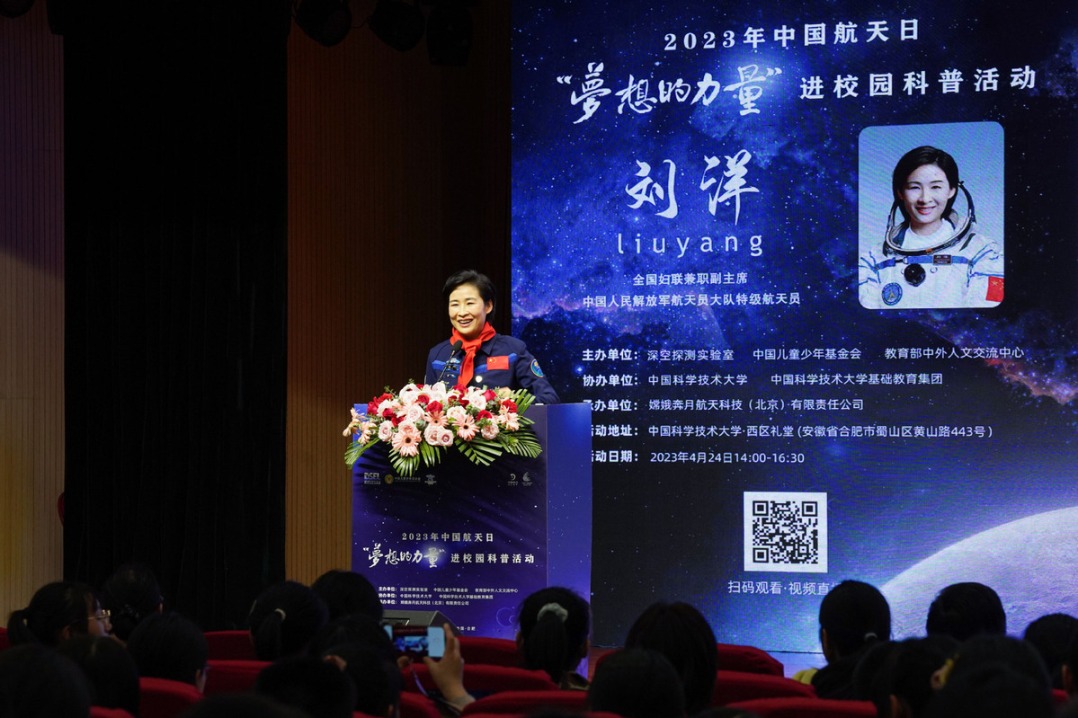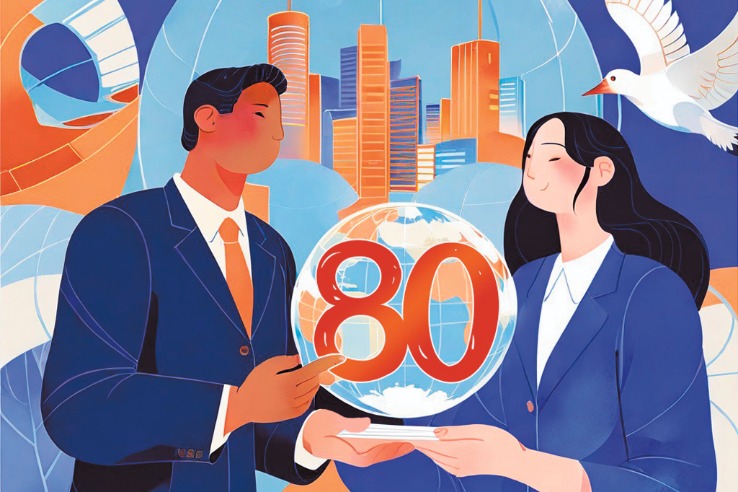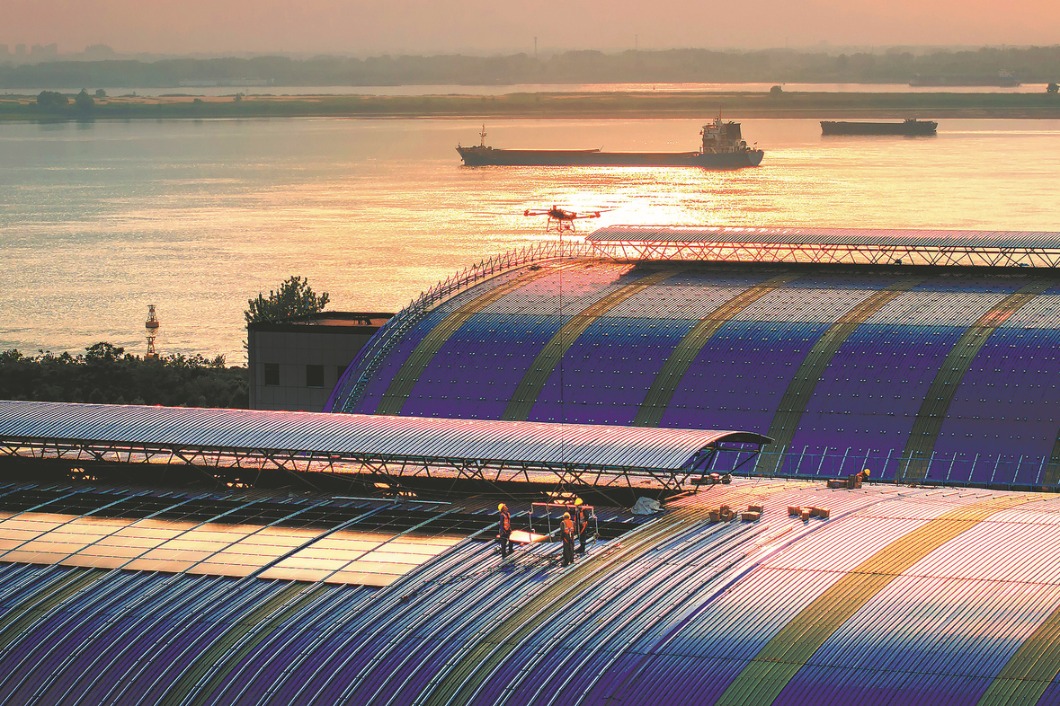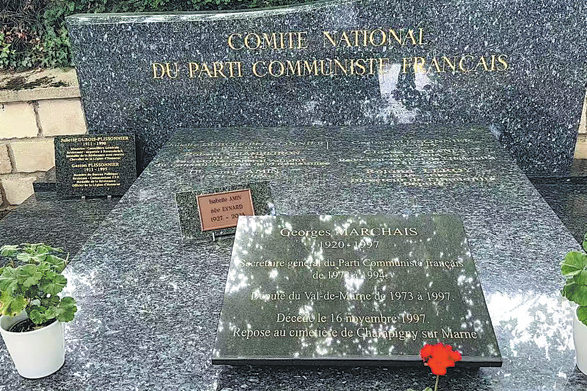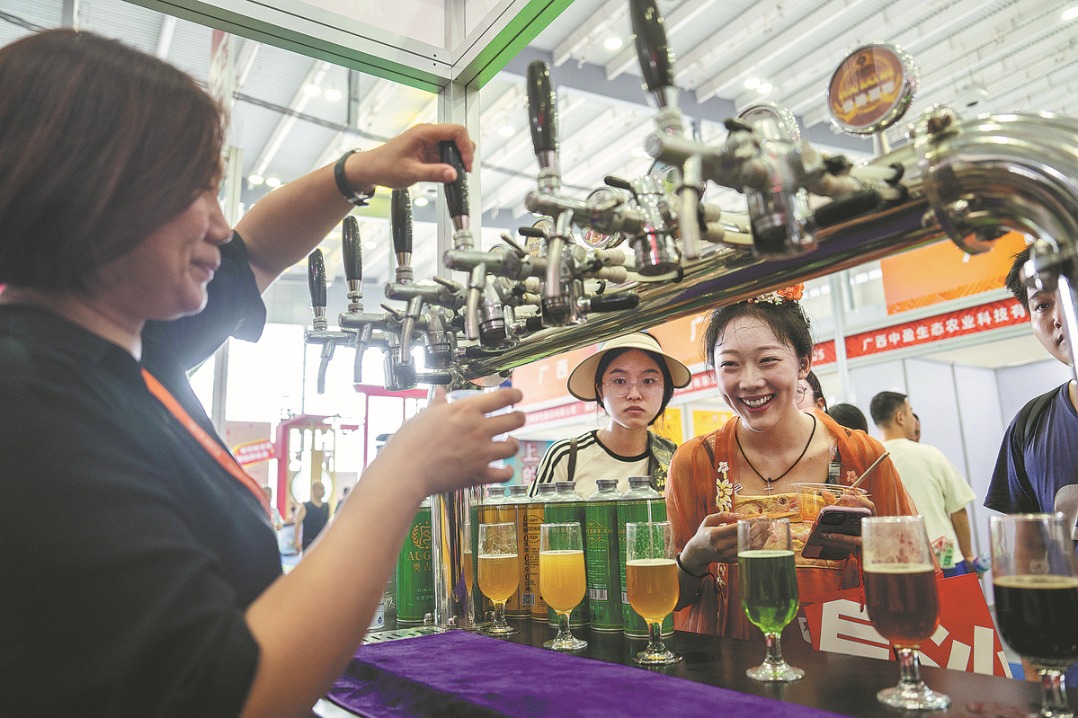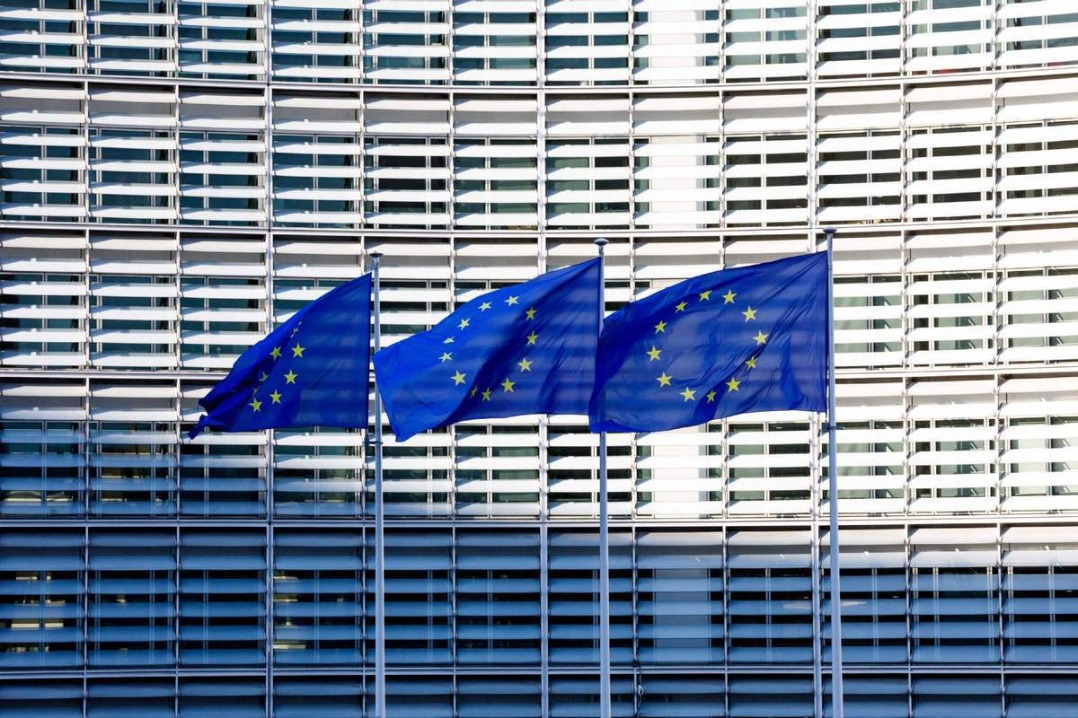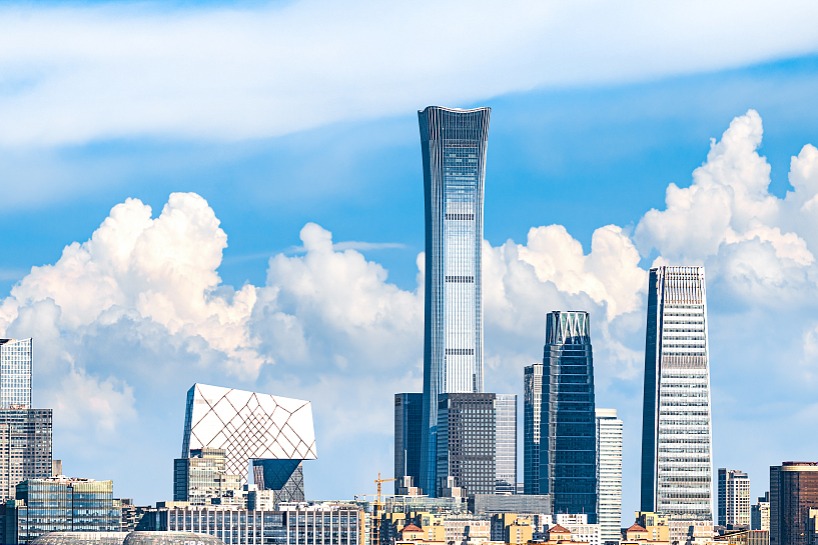Deciphering Europe's double standards

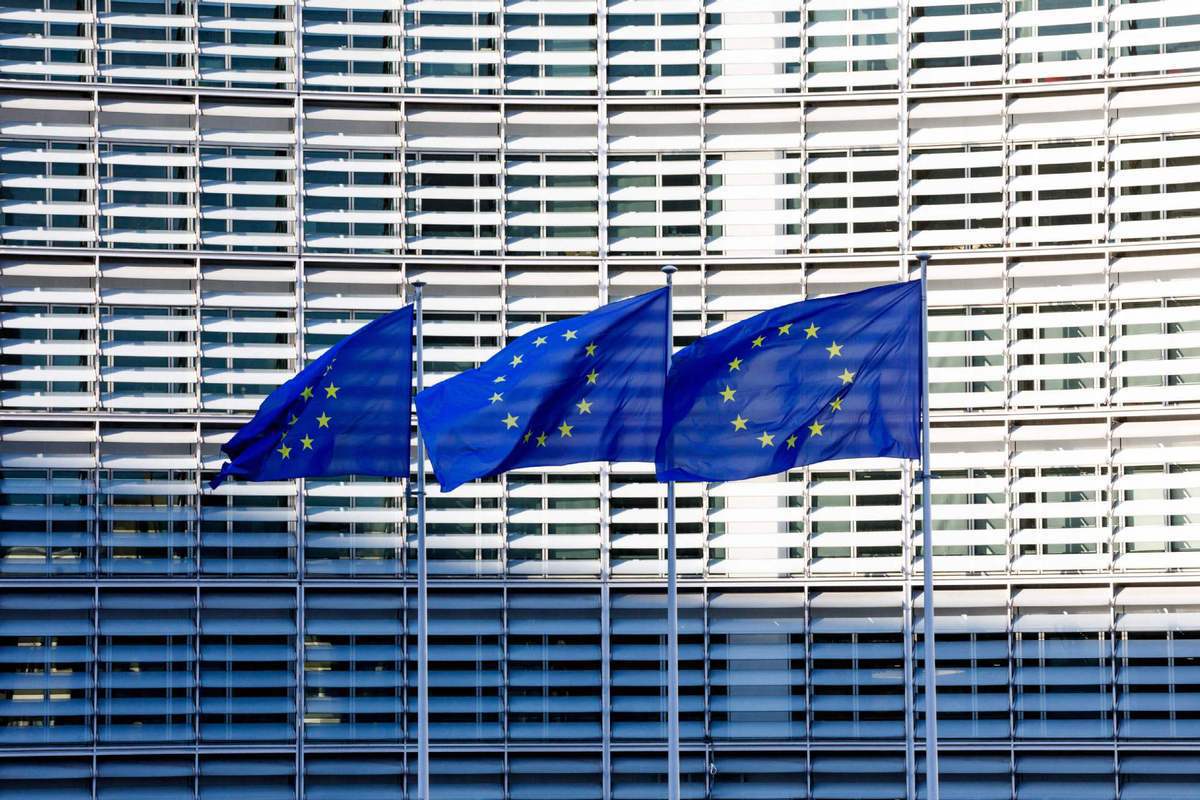
Recently, European Commission President Ursula von der Leyen made an emotional appeal at a podium in Strasbourg: "A fight for a continent that is whole and at peace!" On that very same day, a tanker carrying Russian LNG slipped into the port of Zeebrugge in Belgium.
This is the truest manifestation of the double standards or even naked hypocrisy of some European politicians.
Since the outbreak of the Ukraine crisis, some European leaders have been calling for peace and justice while secretly making money by selling weapons. Such a mismatch between words and deeds has become standard practice for many European politicians.
Officials in tailored suits deliver speeches with carefully crafted rhetoric, while their countries engage in selective condemnation, arms deals, and energy purchases.
European politicians excel at the art of moral posturing. They construct a glittering diplomatic stage, casting themselves as both director and star, and demanding that other nations play supporting roles.
"China must condemn Russia" is a common line in Brussels, but the subtext is, "Please also help us clean up the mess." The EU wants Beijing to help fix the Ukraine crisis while scolding it for trading normally with Moscow.
This logic exposes EU's deep-seated strategic anxieties and shortfalls. They want China to mediate the Ukraine crisis, yet are unwilling to relinquish the moral high ground. As a European observer conceded, it was hypocritical, but also a political imperative.
Profit-first calculations behind the olive branch
While European politicians are calling for an "immediate ceasefire" and a "diplomatic solution" to the Ukraine crisis, their arms makers are shipping fighter jets to other hot spots around the world.
France, thanks to its Rafale fighter jets, has become the world's second-largest arms exporter. In 2024, French arms exports totaled roughly $18.7 billion, a year-on-year increase of around 120 percent. While justifying its military aid to Ukraine as "defense against aggression," France has simultaneously fueled an arms race in South Asia through the sale of Rafale fighter jets to India.
Sweden's Saab Group has also pushed its Gripen fighter jets into the global market, lifting quarterly operating profit to about $200 million in the second quarter of 2025. Its CEO cheerfully remarked that "the increasingly volatile geopolitical landscape is driving business growth." In the heat of the Thailand-Cambodia border conflict, Saab Group sold four Gripen fighter jets to Thailand. Sweden emphasizes the significance of European security, but at the same time, it is supplying weapons to Southeast Asia, as if only peace in Europe matters.
The Ukraine crisis has ushered in a new "golden age" for Europe's arms makers. European countries are boosting military spending under the pretext of "countering the Russian threat," but in reality, they are turning taxpayers' money into the profit margins of their weapons dealers.
This marriage of profit and conflict has made Europe's peace appeals meaningless, like offering olive branches with one hand and selling arms with the other.
Peace seems to be confined to conference rooms, and war is reduced to a number on a ledger.
Contradicting sanctions regimes
The EU is currently pushing for the 19th round of sanctions against Russia. Ironically, its imports of LNG from Russia reached a record high of 16.5 million tons in 2024.
This simultaneous pursuit of sanctions and energy purchases is not just self-contradictory. It is actually a carefully calculated policy.
European leaders are well aware that cutting off Russian energy would cripple their countries' economies and send household bills through the roof. They have therefore devised a "phase-out" plan that both satisfies domestic demands for moral posturing and avoids inflicting excessive economic pain. Sanctions have become a performance art, while energy trade remains a practical necessity.
In the blunt words of Hungarian Prime Minister Viktor Orbán: some Western European countries buy more Russian natural gas than Hungary does, but they're just better at disguising it.
Europe's double standards are nothing new: it is merely a modern-day continuation of the continent's colonial history. For centuries, Europe has considered itself the judge of civilization and morality, entitled to set the rules for the whole world.
This hypocrisy has been laid bare during the Ukraine crisis: Europe aspires to be a superpower, yet is unwilling to pay the corresponding price; it desires strategic autonomy, yet finds it difficult to break away from its dependence on the United States.
In high-end Brussels restaurants, officials are discussing further sanctions against Russia while enjoying Russian caviar imported via third countries to evade sanctions.
This surreal scene is unfolding everyday. European countries' game of self-deception continues and will ultimately become nothing more than a monologue— ignored and distrusted by all.
The author is a commentator on international affairs. The views don't necessarily represent those of China Daily.
If you have a specific expertise, or would like to share your thought about our stories, then send us your writings at opinion@chinadaily.com.cn, and comment@chinadaily.com.cn.
















